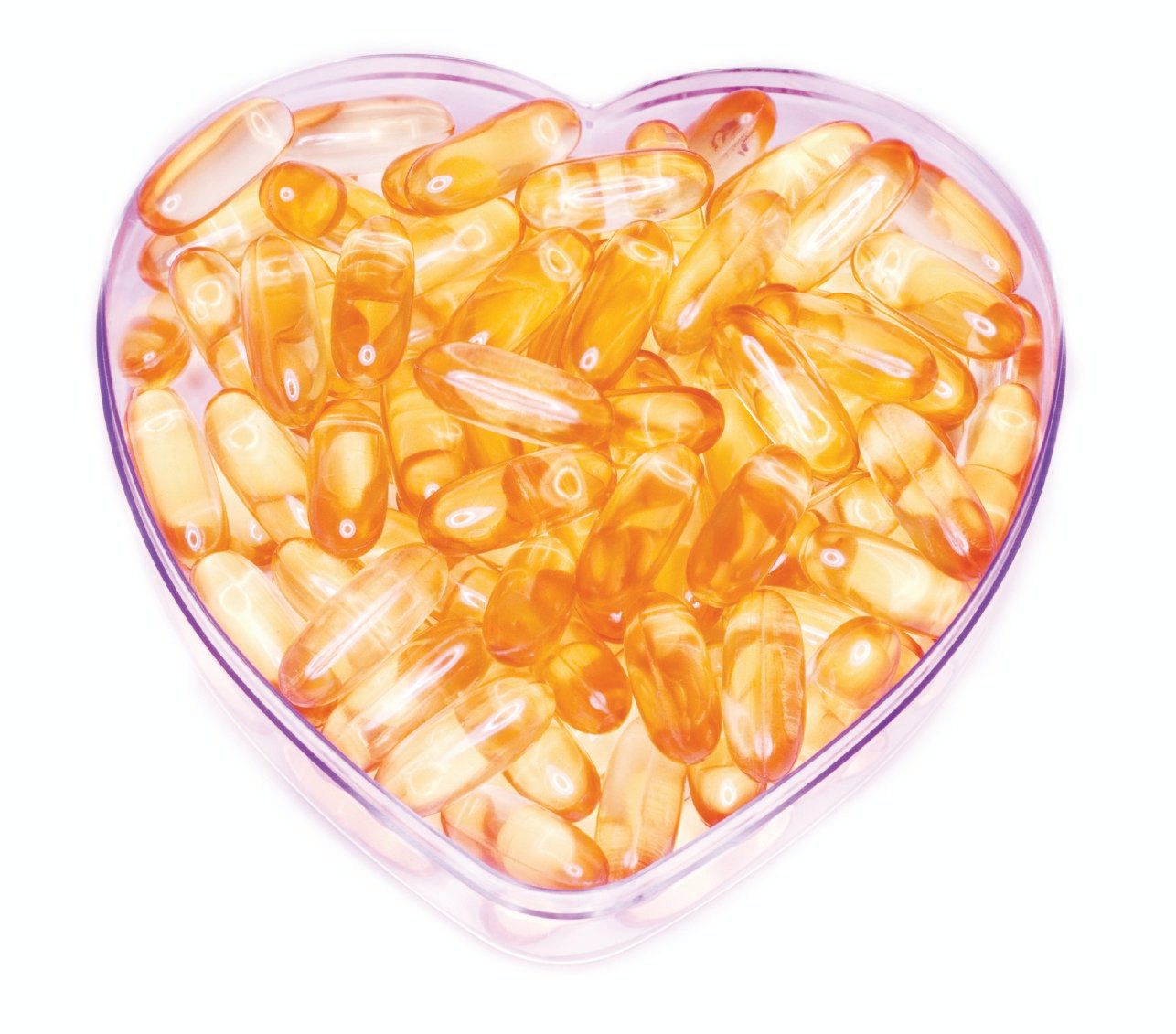Health Canada Approves Triglyceride Health Claim for EPA and DHA Omega-3s in Food
The new health claim applies to foods containing at least 0.5 grams of EPA and DHA combined.
Photo by iStockphoto.com/Juxtagirl

Foods sold in Canada that contain at least 0.5 g of DHA and EPA omega-3s combined may now carry a new health claim stating their potential triglyceride-lowering benefits. The Global Organization of EPA and DHA Omega-3s (GOED; Salt Lake City, UT) shared the news last week, which comes as a result of an announcement from Health Canada’s Food Directorate.
“The evidence consistently supports a highly consistent direction of effect towards a reduction in triglyceride levels when EPA and DHA are consumed,” concluded the Food Directorate. “The vast majority (>80%) of the treatment arms from the larger studies (≥30% of participants) administering a daily intake of at least 1.5 g of EPA and DHA demonstrated a statistically significant reduction in triglyceride levels.”
GOED notes that the actual text of the new Health Canada claim is similarly prescriptive as approved claims in other countries, including the United States.
For example, a permitted claim might read, “85 g (1/2 cup) of canned pink salmon supplies 40% of the daily amount of omega-3 EPA and DHA shown to help lower triglycerides.” Aside from that primary statement, appropriate products can also carry the additional statement “EPA and DHA help reduce/lower triglycerides,” with the option of adding the words “long-chain” and/or “omega” at the start of the additional statement.
The new health claim only applies to foods sold in Canada, but an approved triglyceride-lowering statements already exists for omega-3 dietary supplements bearing the Natural Health Products (NHP) monograph, GOED notes.
Read more:
Canada Approves Gut-Brain Axis Health Claims for Lallemand Probiotic
Widespread Omega-3 Usage Could Save €12.9 Billion in Annual EU Healthcare Costs, Study Suggests
Chicory Root Fiber Granted Blood Glucose Health Claim in Europe
Michael Crane
Associate Editor
Nutritional Outlook Magazine
michael.crane@ubm.com
HHS announces restructuring plans to consolidate divisions and downsize workforce
Published: March 27th 2025 | Updated: March 27th 2025According to the announcement, the restructuring will save taxpayers $1.8 billion per year by reducing the workforce by 10,000 full-time employees and consolidating the department’s 28 divisions into 15 new divisions.








